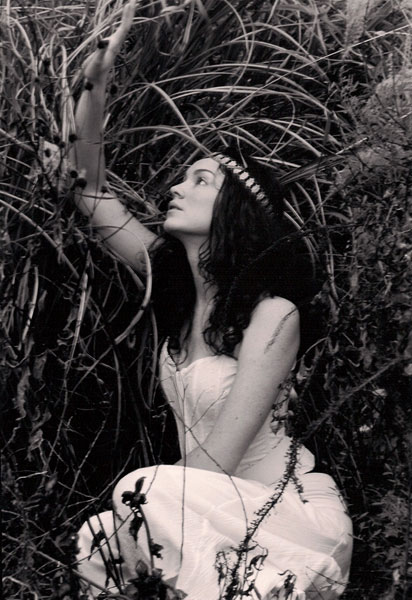
In the swamp in secluded recesses,
A shy and hidden bird is warbling a song.Solitary the thrush,
The hermit withdrawn to himself, avoiding the settlements,
Sings by himself a song.Song of the bleeding throat,
Death’s outlet, song for life, (for well dear brother I know,
If thou wast not granted to sing thou woudist surely die.)
–Walt Whitman, When Lilacs Last in the Dooryard Bloom’d
Ever since my first class on Modern Poetry as an undergraduate at Boston University, I have been in love with the teeming passion of Whitman’s verse. While the poet’s potent feeling and sexuality is obvious in Calamus and other such works, I found his sensuality particularly stirring in his war poetry, including his verses devoted to President Lincoln.
In When Lilacs Last in the Dooryard Bloom’d, Whitman evokes the poetic figure–a thrush, an ordinary bird, rather than one of nobler stock (think of Keats’ nightingale.) The thrush survives on its song, its poetic exuberance. It lifts the narrator out of his ruminations of death and life to invite him to a higher plane. The result, of course, is the poem itself, which brings Lincoln beyond death to a new form of life–poetic immortality.
All writers, myself included, can see themselves as the thrush: working in isolation, alone in one’s own thoughts. Whitman’s elegy encompasses all of these elements in a style that is fresh and new, accessible to all, and full of life.
I agree. I believe the thrush in an opportunity for one to find themselves again, or gives the person a rebirth